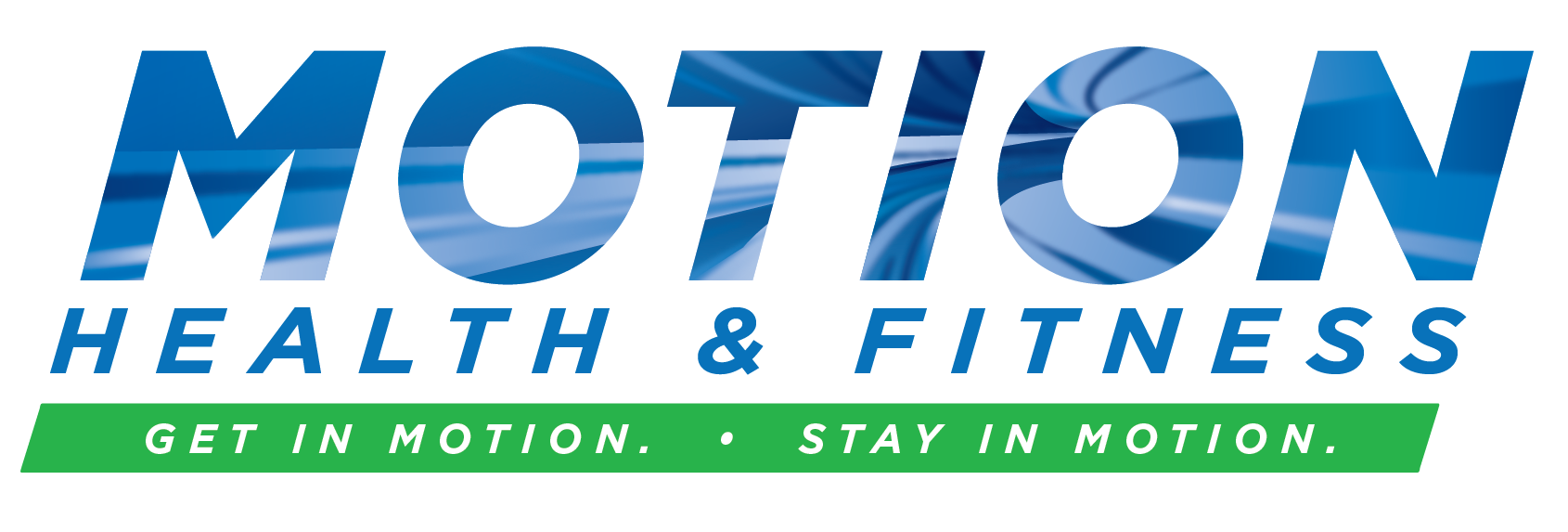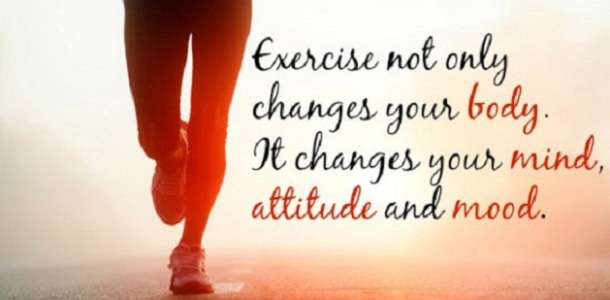There are many reasons that people exercise. In my view — and this is what I try to impart to my clients — it’s not about having the best butt or bigger biceps; it’s about being a happier, more fulfilled, more self-satisfied person.
I’ve been in the been in the business of health, wellness and fitness for over 20 years, and I have to admit that my definition of health and wellness has certainly broadened over the years. Once upon a time, if you asked me to define health, I would have listed these parameters: an absence of chronic disease (i.e. coronary artery disease; hypertension; metabolic syndrome; diabetes, etc.), a healthy resting heart rate, low triglycerides, and an absence of obesity.
However, over the years, I’ve come to recognize that physical wellbeing is only part of the health equation. Mental and emotional wellbeing are vitally important, and our social wellbeing plays a significant role in both.
First, let’s define these terms:
Physical well-being relates to vigor and vitality, feeling very healthy and full of energy.
Mental well-being includes being satisfied with one’s life; balancing positive and negative emotions; accepting one’s self; finding purpose and meaning in one’s life; seeking personal growth, autonomy and competence; believing one’s life and circumstances are under one’s control; and generally experiencing optimism.
Social well-being involves providing and receiving quality support from family, friends and others.
When assessing overall wellbeing, it’s important to assess: the quality of our relationships; our positive emotions and resilience; whether we’re realizing our potential; and our overall satisfaction with life.
Though there are many factors that can contribute to our overall wellness, exercise is critical. There is abundant scientific research showing that exercise improves mood and makes participants happier.
Exercise promotes chemicals in the brain that improve your mood and make you more relaxed. Specifically, the brain releases feel-good chemicals called endorphins throughout the body. Physical activity also reduces anxiety and depressed mood.
Exercise provides numerous other psychological benefits, such as better sleep, reduced stress, improved self-esteem and greater confidence.
There are so many behaviors that can lead us to feelings of guilt: eating too many sweets or too much junk food; overeating in general; drinking too much; smoking; drug use; sleeping too little; being sedentary; not exercising, etc. With any of the aforementioned, it’s easy to say afterward, “I shouldn’t have done that.” Regrets are not fun.
But, other than the rare instance of injury, no one ever finishes a workout and says, “Man, I shouldn’t have done that.” Nobody feels guilty after a workout.
There is an undeniable positive-emotion component to exercise. It makes us feel like we did something very worthwhile for ourselves, when so many of our other behaviors can make us feel unworthy.
Many adults may feel that their lives are in service to others: their kids, their spouse, their aging parents, their boss, etc. When we exercise, we feel that we are in service to ourselves; it’s our time for ourselves.
Regular exercise is a great confidence and morale booster. You don’t necessarily need to aim for a particular weight-loss goal. Just aim for just feeling better about yourself, physically and emotionally.
Exercise even helps your brain grow new neurons. In this process, called neurogenesis, new neurons (brain cells) develop in the hippocampus, the brain region responsible for learning information, storing long-term memories, and regulating emotions.
Exercise also promotes brain plasticity by stimulating growth of new connections between cells in many important cortical areas of the brain.
Yes, exercise leads to a happier, healthier brain!
A regular exercise program may also have a domino effect, leading you to other healthier habits, such as eating more whole foods. Those two behaviors, in tandem, will ultimately change your physique, but they will also make you feel better physically and mentally. Everyone would feel better if they knew they were taking positive steps in their lives and working on self-improvement.
So, don’t set a specific weight-loss target or make sculpted arms or chiseled abs your goal. Simply set a goal to feel happier, more positive and better about yourself. Exercise can serve those agendas.
What better goals could anyone have? After all, there’s so much more to exercise than just how you look.






